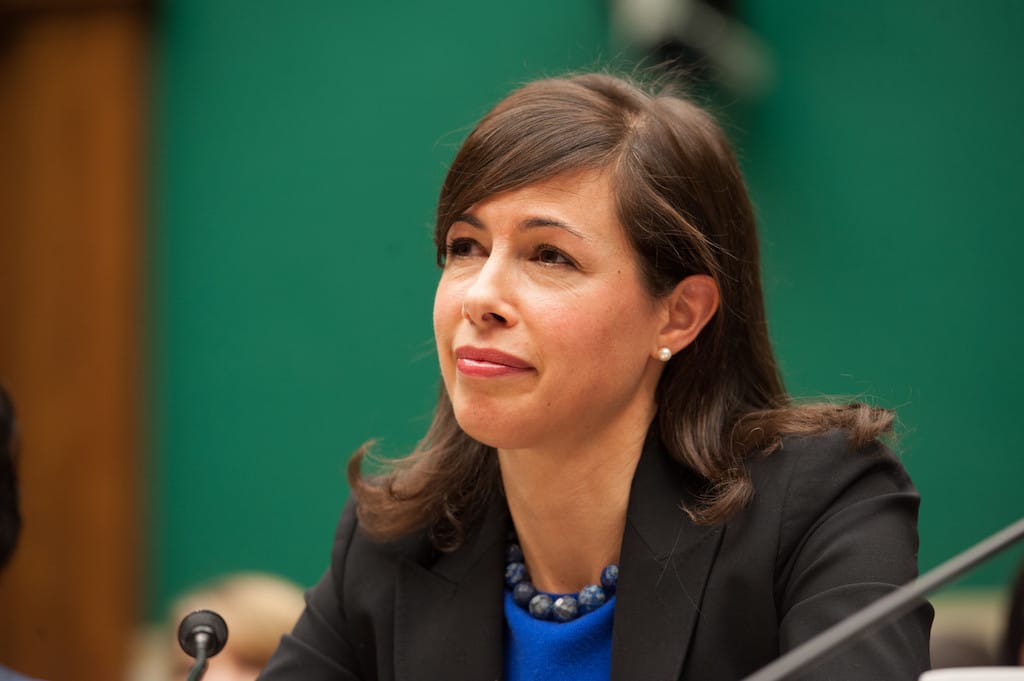Federal Communications Commission Implements Rules for Affordable Connectivity Program
The agency implemented new rules on the Affordable Connectivity Program, which makes a new subsidy permanent.
Justin Perkins

WASHINGTON, January 24, 2022 – The Federal Communications Commission adopted rules Friday for its Affordable Connectivity Program that changes and, in some cases narrows, the eligibility requirements for the subsidy to allow for more households to be connected.
An extension of the former Emergency Broadband Benefit Program, which offered discounts to broadband service providers to subsidize connectivity and devices, the new program will make it easier for providers to get in the program by automatically making eligible providers in good standing.
Additionally, the FCC maintains that the monthly discount on broadband service is limited to one internet discount per household rather than allowing the benefit for separate members of a household. “Adopting a one-per-household limitation best ensures that Program funding is available to the largest possible number of eligible households,” the agency said in its report.
To accommodate the volume of eligible households enrolling in the ACP, the FCC allowed providers until March 22 – 60 days after its Friday order is published in the Federal Register– to make necessary changes to ensure that the ACP can be applied to providers’ currently sold plans.
“So much of our day to day—work, education, healthcare and more—has migrated online. As a result, it’s more apparent than ever before that broadband is no longer nice-to-have, it’s need-to-have, for everyone, everywhere,” said FCC Chairwoman Jessica Rosenworcel. “But there are far too many households across the country that are wrestling with how to pay for gas and groceries and also keep up with the broadband bill. This program, like its predecessor, can make a meaningful difference.”
The Infrastructure Investment and Jobs Act transformed the EBB to the longer-term Affordable Connectivity Program by allocating an additional $14.2 billion to it.









Member discussion